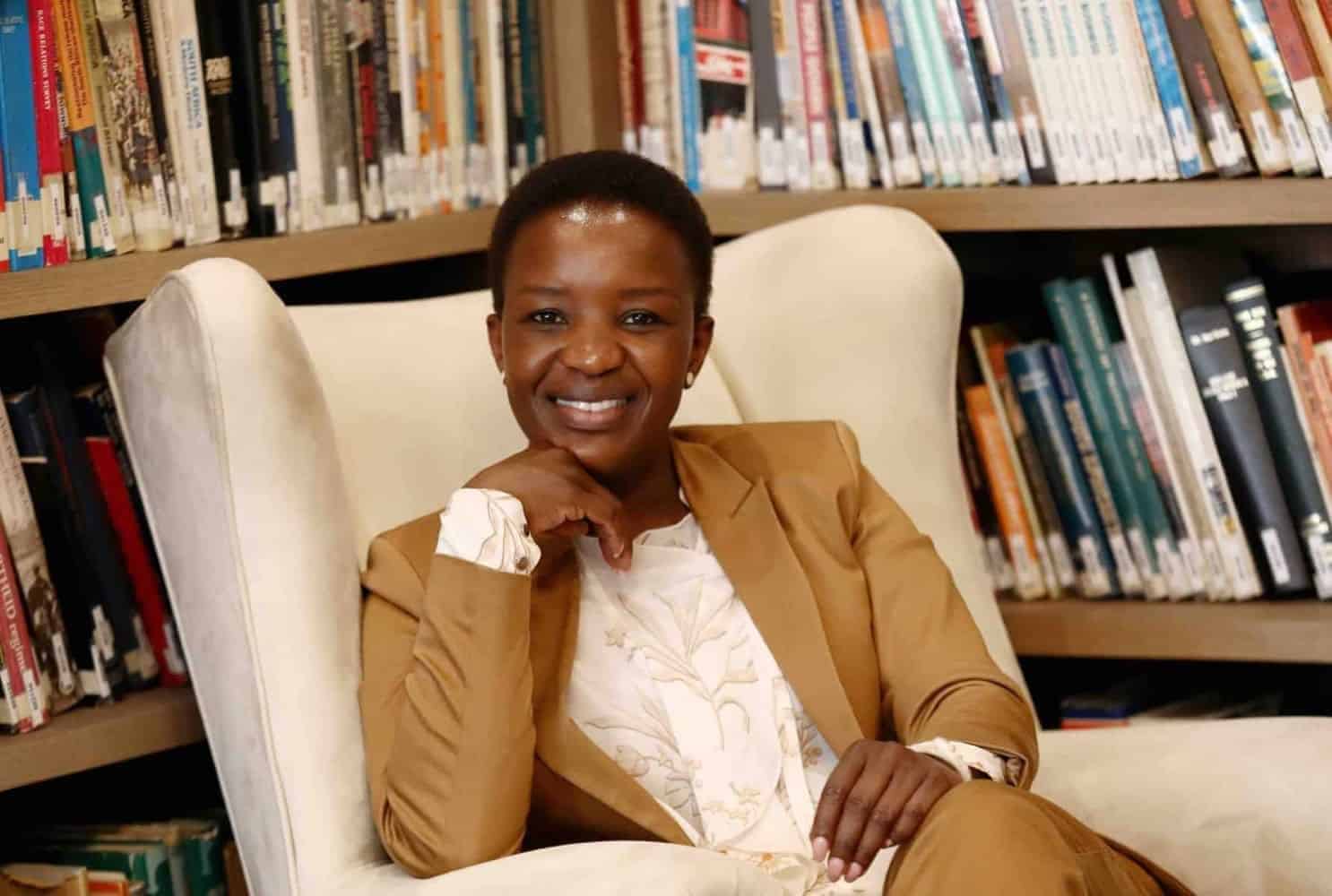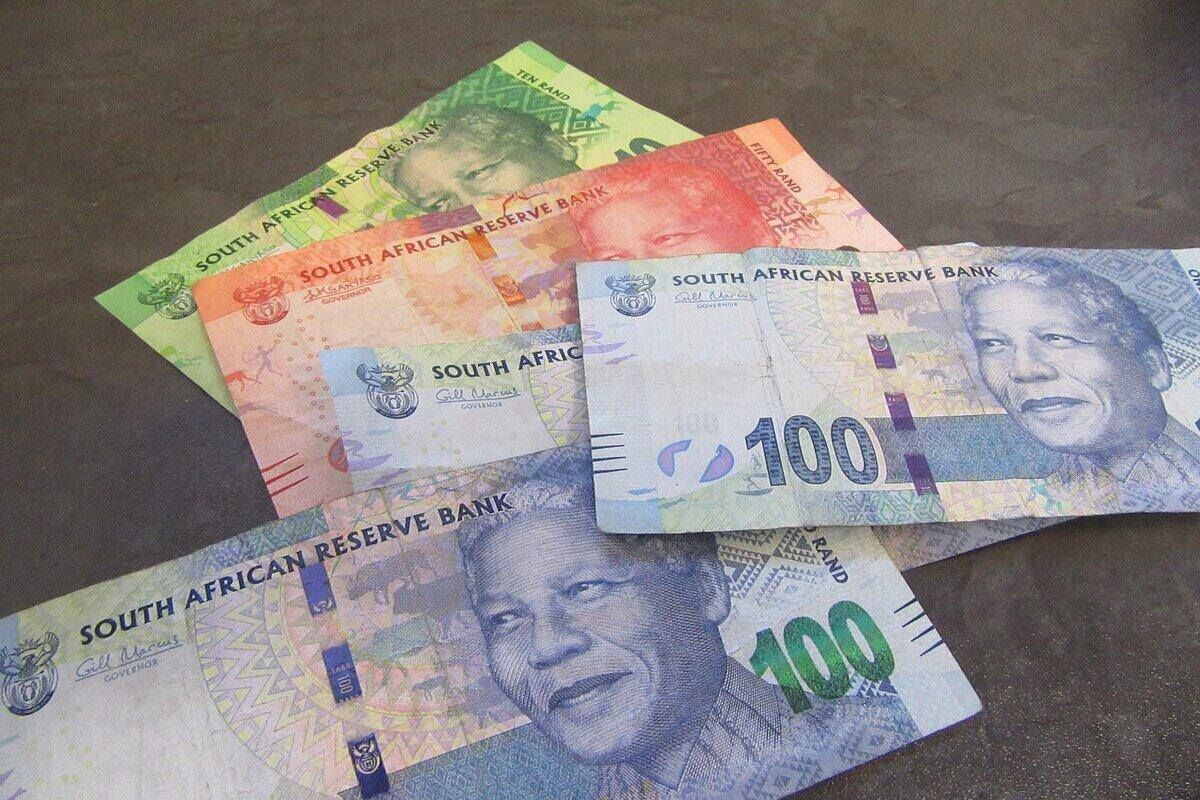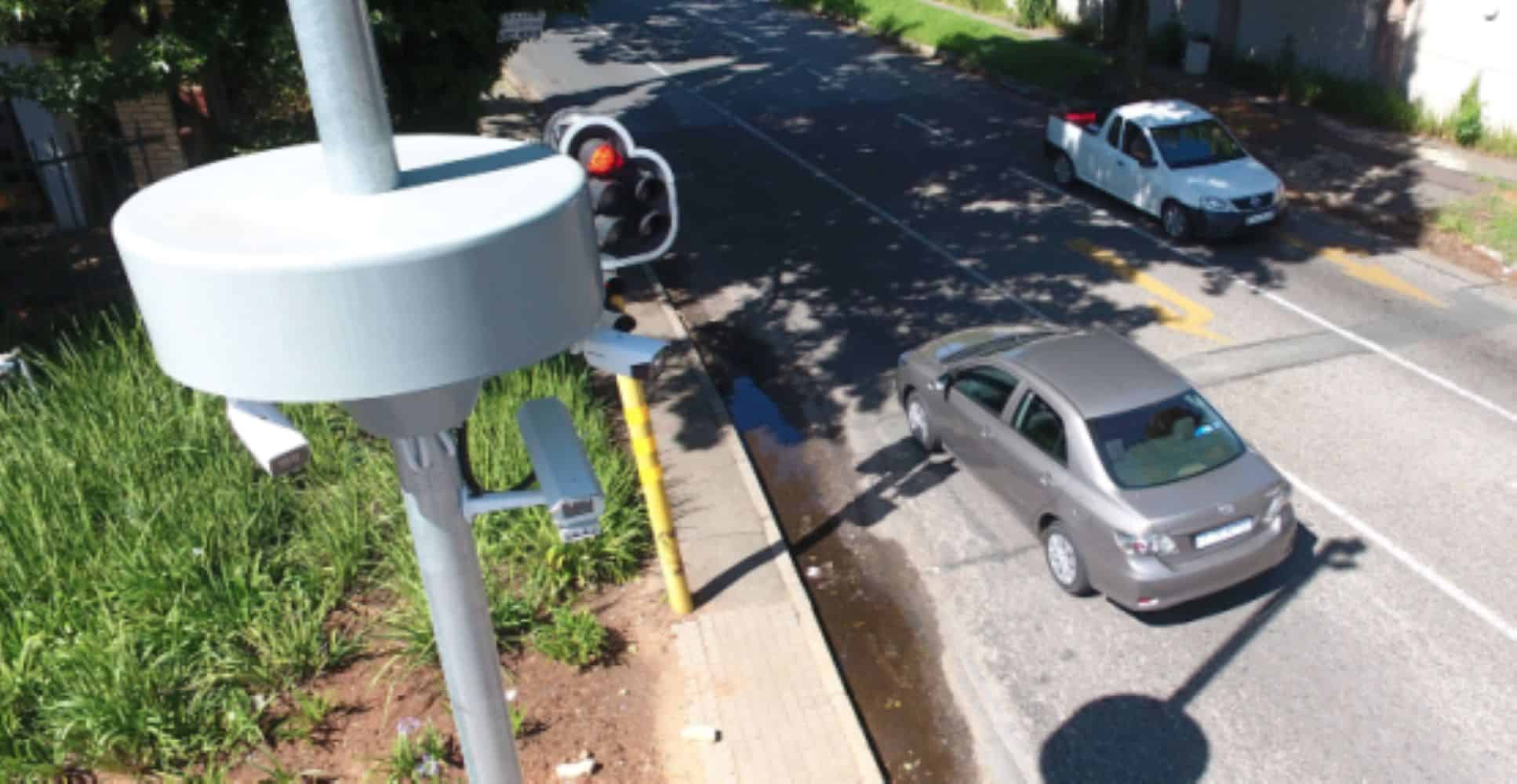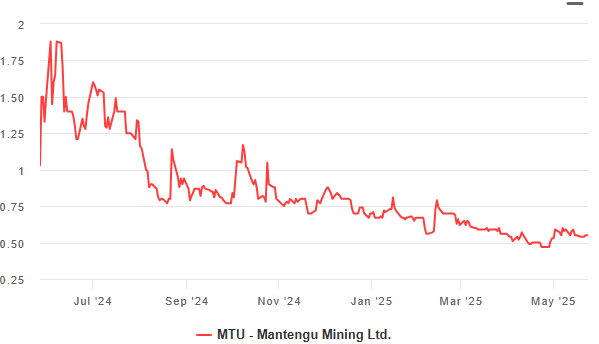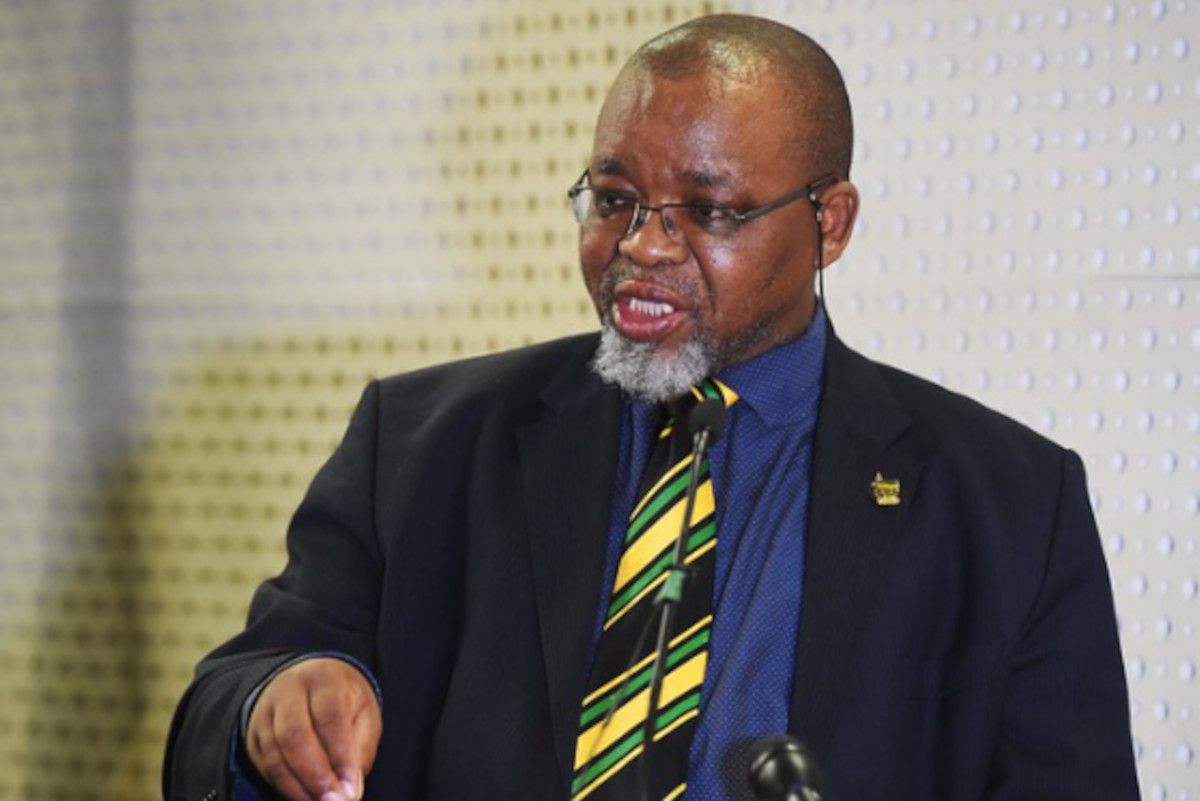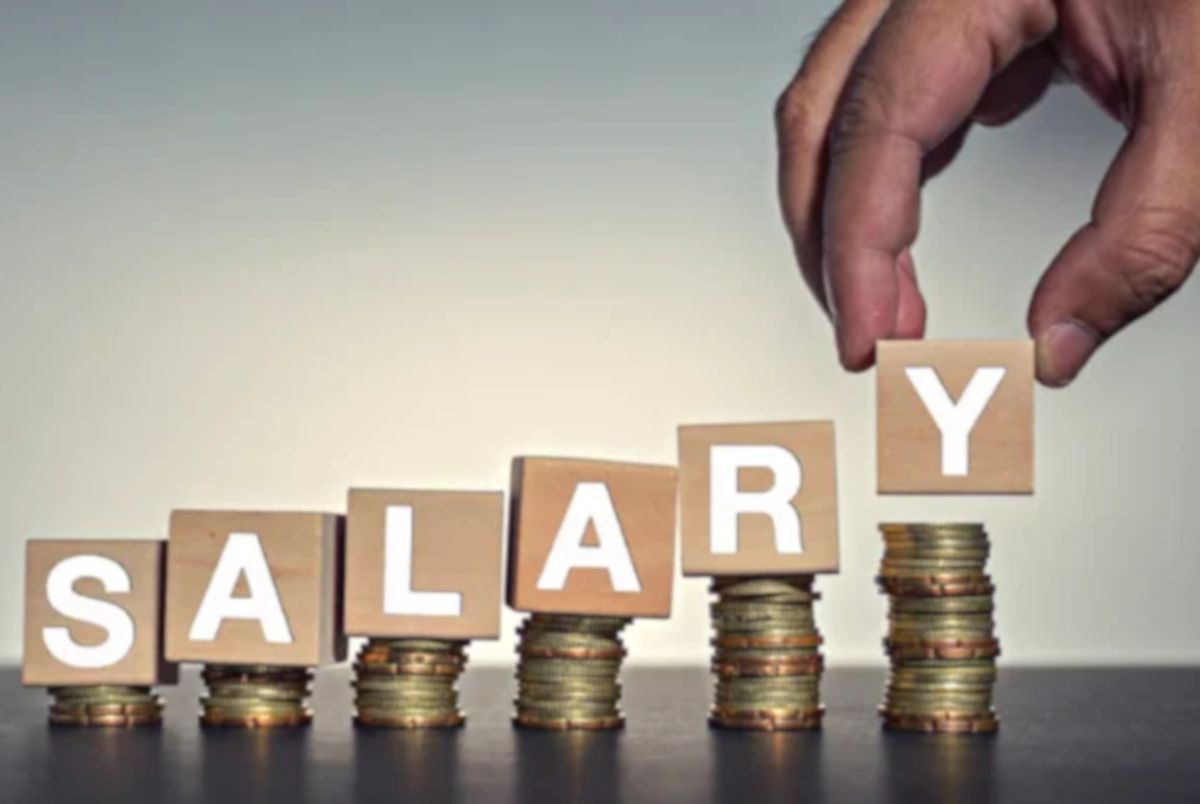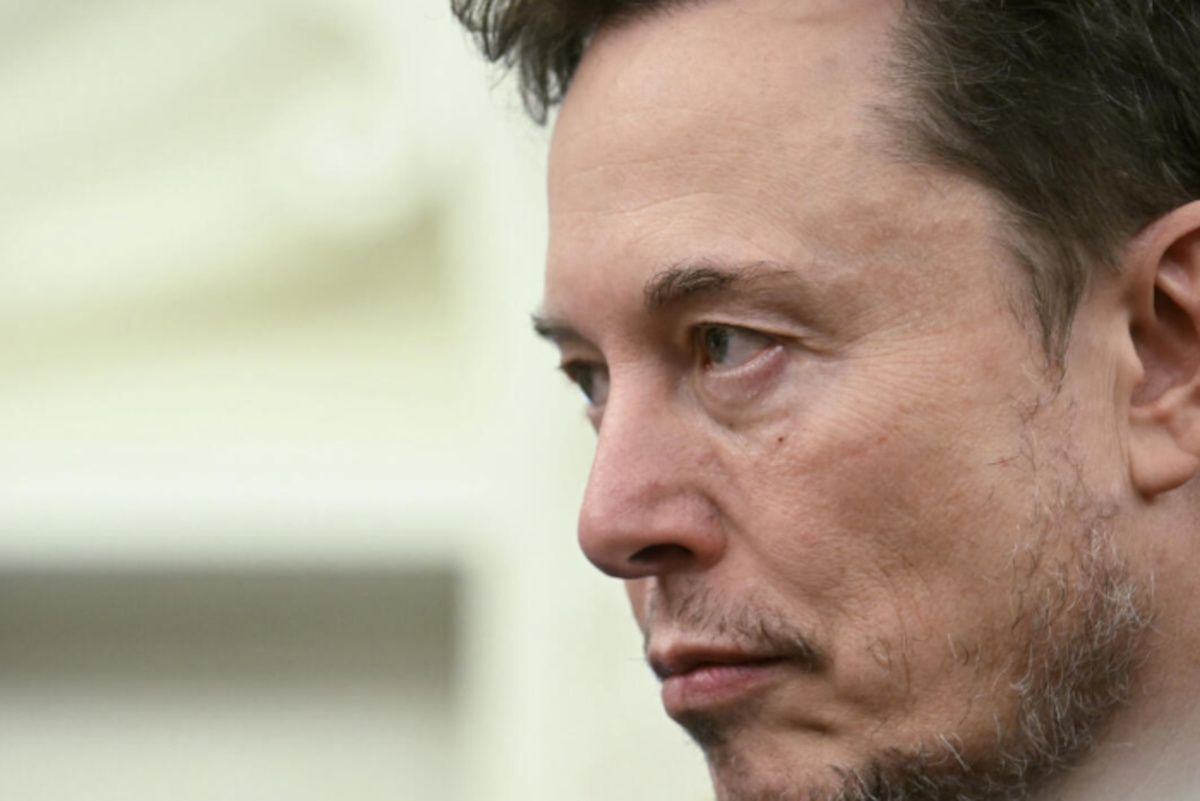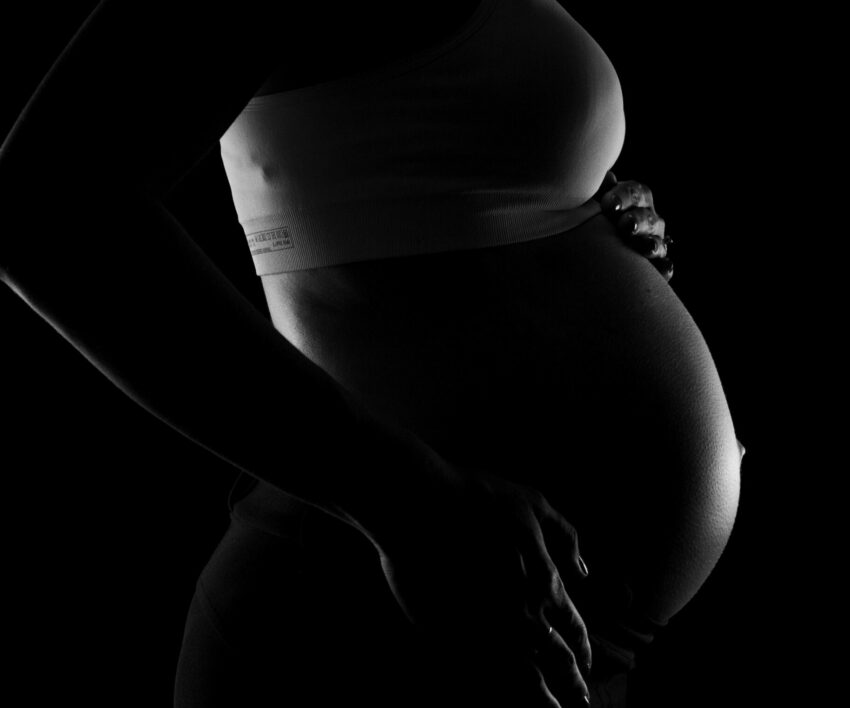Balancing the books in the budget was difficult, but in the end no money was taken away from infrastructure investment.
While three budgets in a year are unprecedented, the political mechanisms of the government of national unity have brought South Africa to a positive place, while the amount for infrastructure investment remained the same throughout.
Busisiwe Mavuso, CEO of Business Leadership South Africa (BLSA), says in her weekly letter that a lot happened last week, from the third budget being tabled to the meeting of President Cyril Ramaphosa with his United States counterpart.
“With everything going on, little comment was made on one element of the budget that will be very important to our future: the amount to be spent on infrastructure investment. Despite important efforts to contain expenditure, infrastructure is expected to see R1 trillion of investment over the three-year medium-term expenditure framework.
“That figure was protected throughout the budget revisions, despite National Treasury having to cut some expenditure lines to accommodate lower growth and constrained tax revenue. Maintaining infrastructure spending is critical to the key challenge of getting economic growth going, which will lead to sustainable job creation.
“Without that, we cannot generate the revenue that would enable government to increase spending in other areas.”
ALSO READ: Budget 3.0 was not a chainsaw budget, economists say
Budget provides for infrastructure spending on transport, electricity and water
She points out that the budget includes spending on electricity, rail, water and other transport infrastructure. “A large part of that is about fixing our logistics system, which is currently constraining economic activity significantly and deterring both local and foreign investment.
“Economists have estimated that Transnet costs the country R1 billion per day in economic activity due to its inefficiencies. Our mines and factories cannot get their output efficiently to ports and from there to markets in the rest of the world. Although there have been improvements recently, South Africa still has among the most expensive ports in the world.”
Mavuso says that, as president, Ramaphosa’s visit to the US made clear, we need dependable and stable trading relationships with major world markets. “Through its tariff moves, the Trump administration has severely disrupted a global trading system based on equal treatment and rules of conduct.
“South Africa has to deal with this reality. I hope our negotiators can make headway in forming agreements with the US, but like the rest of the world, we must be prepared for a future that sees significantly reduced trade with America.”
ALSO READ: Sensible or underwhelming? Economists react to Godongwana’s Budget 3.0
Will trade swing from West to East?
Many commentators are arguing that trade will swing from West to East due to US isolationism, which means increased trade with China, India and other emerging markets, including across Africa, although Europe will remain a critical market for our output too, she says.
“In that scenario, the global trading system is going to be more competitive, with a smaller market available for our outputs. It will be more important than ever that we are efficient. Currently, our goods are more expensive just because it costs so much to get them from where they are produced to where we need to sell them.
“Countries like China put a great deal of focus into making sure their ports are very efficient, and it is critical to their economy’s performance.”
One area where Mavuso hopes to see much more infrastructure investment is in local government by crowding in private sector spending through public/private partnerships (PPPs). “Finalising revisions to PPP regulations last year should enable that, but it will take concerted effort and political will from municipalities to actually use the space that is created.
ALSO READ: Budget 3.0: not austerity budget, but a redistributive budget
Municipal performance also targeted in budget
“The Operation Vulindlela 2.0 process will include a special effort for municipal performance. PPPs are a potentially important mechanism to get new infrastructure to happen in a sustainable and cost-effective way.”
Mavuso says she was also pleased to see several plans in the budget to rein in expenditure that is not productive. “With the tax options limited, government has to find ways to contain expenditure. Spending reviews already done by National Treasury identified tens of billions of rands in potential savings from poorly performing or inefficient programmes.
“As it noted in the Budget Review, if government acts on its recommendations of these reviews, it may mitigate the need for additional taxes in the 2026 budget. I hope this year’s budget experience has made the trade-offs between tax and spending that much clearer to everyone.”
She says we allowed spending to grow for too long and never did the hard work of looking at whether that spending is delivering value for money to our people. “The budget process must, in future, look at underperforming government programmes and shut them down.”
ALSO READ: Godongwana cuts government spending to offset VAT shortfall
Also positive progress in budget on SRD grant
Mavuso points out that another area where Treasury made positive progress is the social relief from distress (SRD) grant introduced during Covid-19 to support people during lockdowns, when economic activity was sharply curtailed.
“It was a lifeline for people who simply could not find economic opportunities, but it was never meant to be permanent welfare support and has become a large item in the budget, costing R35 billion this year, more than three times the revenue the proposed half percentage point VAT increase would have raised.
“Treasury will now investigate replacing the SRD grant with a job seekers’ allowance. This makes a lot of sense. We should be supporting people, specifically our youth, to access the job market. A carefully designed support programme that enables people to access potential jobs would be far more sustainable than the SRD grant.”
She says it is also highly positive that this budget appears to have the political support to pass all the parliamentary processes ahead of it. “While the process of three budgets in a year is unprecedented, the political mechanisms have worked to bring us to a place that is positive for the country.
“That will be good for investor sentiment, which is another important part of the effort to get economic growth going.”
